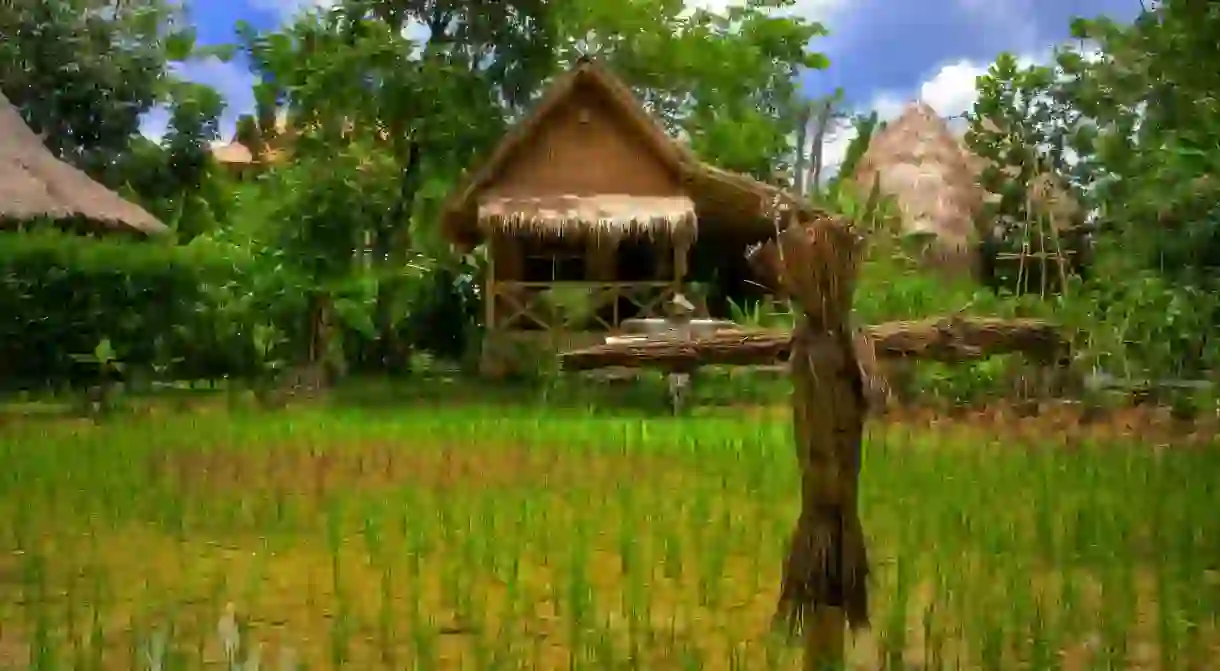Thailand's Philosophy of Sustainable Living

The late King Bhumibol Adulyadej was a great creator and he introduced many new items and ideals to Thailand during his reign. Learn more about the Philosophy of Sufficiency Economy and how it relates to sustainability in Thailand.
During the early years of his rule, King Bhumibol was affected by the plight of farmers in rural Thailand. Many faced great hardships and struggles on a day-to-day basis. As a result, the King set up several development projects in rural areas to try to improve local conditions.

Over the years, the philosophy was defined and detailed. The underlying principle was that Thais should have the means to support themselves and to be self-sufficient. In a world of globalisation, Thais were urged to go back to basics and consider their needs, ensuring that they had enough to meet those basic requirements.
Essentially, the Philosophy of Sufficiency Economy is a guide towards taking a middle path, whereby families, communities, regions, and the nation make decisions based on positive outcomes and developments. The aim is for Thailand to be able to weather any storm, regardless of worldwide changes. People and organisations should live in a way that considers their impacts on others and the environment, and consuming what they need, living in a way that is neither too thrifty nor too lavish.
The three major components of the philosophy are wisdom, moderation, and cautiousness, while morality and knowledge should be applied at all times. It seeks to look at long-term outcomes rather than short-term successes, with sustainability at its very core.

The National Economic and Social Development Board is a governmental body responsible for the practical implementation of the philosophy. On the back of the 2006 coup d’etat in Thailand, the military introduced a new constitution that put great emphasis on self-sufficiency.
More than 23,000 villages around Thailand now have projects in place related to the Philosophy of Sufficiency Economy. Major aspects of the ideal include only producing what is needed, in order to preserve resources and lessen environmental impact. Individual needs should be the focus, rather than large-scale production.
Some people see the philosophy as a positive tool to help Thailand to grow sustainably while being part of the global community and managing the effects of capitalism. The aim is to consider whether poverty and social inequalities are reducing as well as just looking at overall profits.

However, there are also those who struggle to fully understand what the philosophy actually means and how it should be implemented and interpreted. There have been suggestions that the system became popular because of its association with the much-loved King.
The philosophy allows wealthier members of society to consume resources so long as they do not go into debt. Likewise, poorer people should also not resort to borrowing when consuming resources. Critics put forward that the philosophy and associated projects are means to justify societal inequalities in Thailand, with the wealthy allowed to enjoy their riches so long as they live within their means, and that the poor should be satisfied with what they have.
Whether Thailand’s Philosophy of Sufficiency Economy will have long-term positive outcomes for the country remains to be seen, and much depends on how future governments choose to allocate funds and manage projects.














